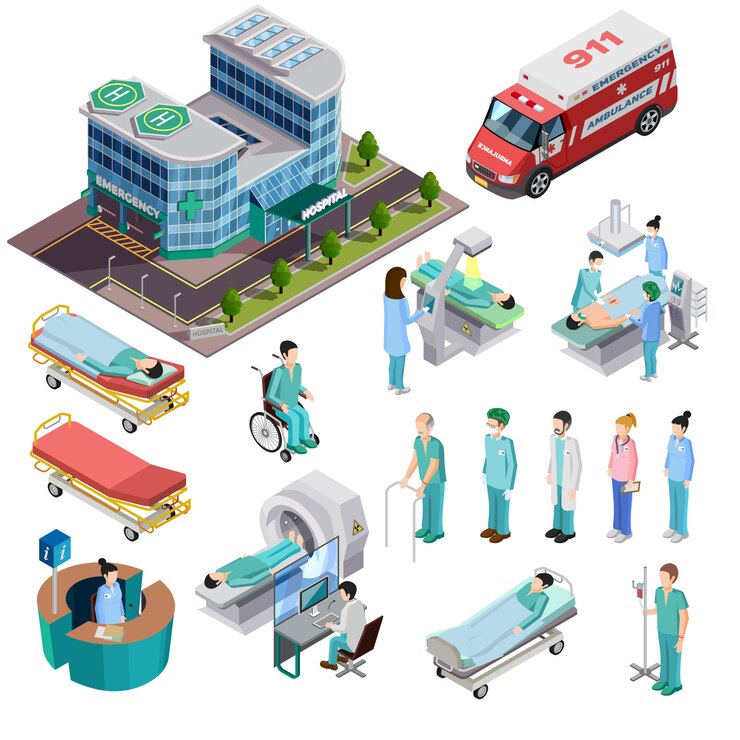RFID Tags in the Medical Industry

RFID Tags in the Medical Industry
RFID (Radio Frequency Identification) technology is a groundbreaking innovation that has brought revolutionary changes to the medical industry. Medical RFID tags provide effective solutions, especially in the fields of healthcare and medical device tracking, offering various advantages in the sector. In this article, we will discuss in detail the importance of RFID tags in the medical industry and their various applications.

What Are Medical RFID Tags?
Medical RFID tags are an innovative technology used for tracking materials, devices, and patients in hospitals, clinics, and other healthcare institutions. These tags transmit information via radio frequency signals, providing fast, accurate, and efficient data transfer.
Medical RFID tags can be used across a wide range of applications, from patient wristbands to medical devices. They are produced in various types, including passive, active, and semi-passive RFID tags, and are designed to suit various environmental conditions.
RFID in Healthcare
In healthcare, RFID technology improves operational efficiency while enhancing patient safety. Below are the main applications of RFID technology in healthcare;
Patient Tracking
RFID technology can be used to track patients' treatment processes in real-time. RFID tags integrated into patient wristbands are one of the most effective ways to determine patients' locations in various departments and provide quick access to their entire medical history.
Example: Before surgery, the patient's identity can be verified using the RFID tag, preventing possible mix-ups.

Inventory Tracking
Hospitals can use RFID tags to track medicines, supplies, and medical devices more effectively. This technology allows real-time visibility of stock levels and prevents stockouts.

Example: In an emergency, instant access to the location of the nearest defibrillator device can be obtained using RFID.
Medication Tracking
RFID tags play a critical role in ensuring that medications are assigned to the correct patient and treatment. RFID tags placed on medication boxes help prevent incorrect dosage applications.
Example: Instead of scanning barcodes for all medications prescribed to a patient, RFID tags can quickly and accurately verify the medication.

RFID for Medical Devices
Using RFID for medical device maintenance and tracking helps save both time and costs. RFID tags integrated into medical devices are an effective method for tracking the device’s location, expiration dates, and maintenance status.
Maintenance Scheduling
Periodic maintenance of medical devices is critical. RFID tags provide alerts when maintenance is due, automating the process.
Example: The RFID tag on an MRI machine records the device’s last maintenance date and the next scheduled service.
Usage Duration Tracking
RFID tags ensure proper handling and reuse of single-use medical equipment or devices requiring sterilization.
Example: Surgical instruments are tagged with RFID, making it easy to track usage and sterilization records.

Advantages of RFID Tags
The use of RFID technology in the medical industry brings several advantages:
- Reducing Error Rates: RFID prevents incorrect patient, device, or medication matches.
- Time Savings: It eliminates manual tasks such as data entry, saving time for staff.
- Efficiency: It improves operational efficiency in hospitals and clinics.
Labels: Medical RFID labels, RFID in healthcare, Medical device tracking RFID, RFID technology healthcare sector, Hospital RFID applications, RFID medical solutions, Patient management RFID, Inventory tracking RFID, Medical device management, Drug tracking RFID,
December 17, 2024
Return to List